Session: Event Sourcing Applicative Profunctors - Jeremy Chassaing
Event Sourcing in function programming

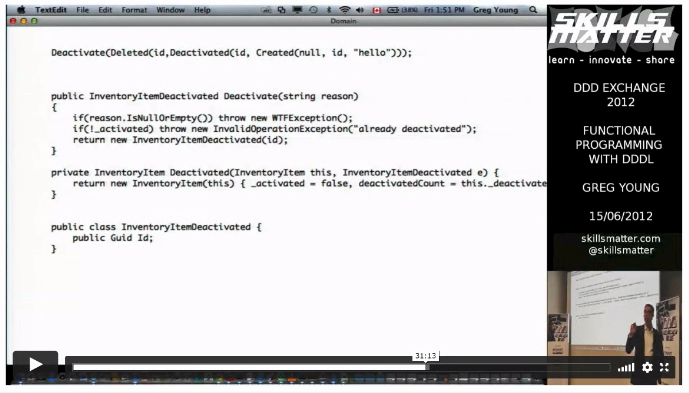
decide
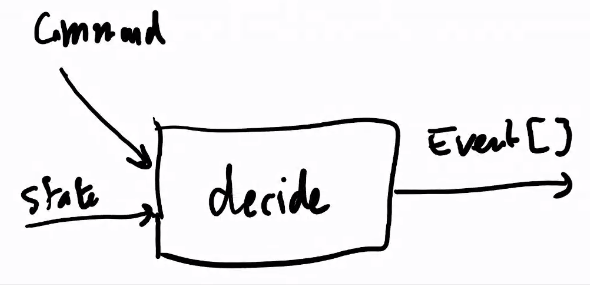
pure function, immutable objects
evolve
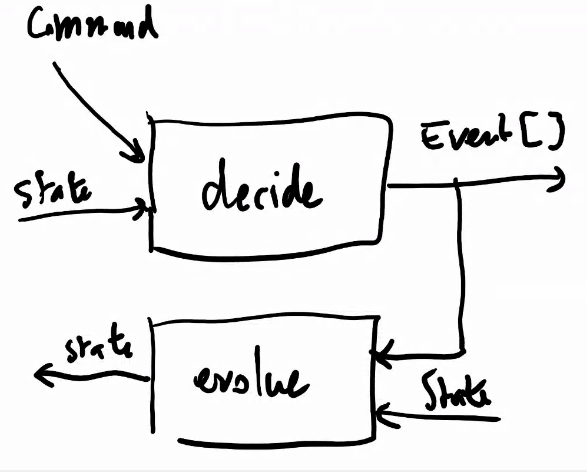 takes 1 event
applies it to the state
takes 1 event
applies it to the state
Link it together
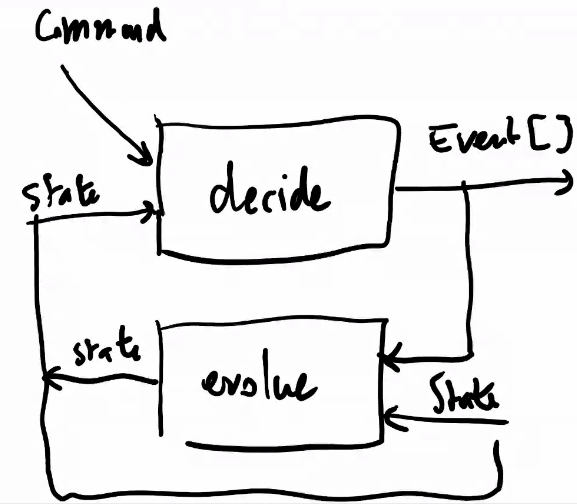
-–
initial state
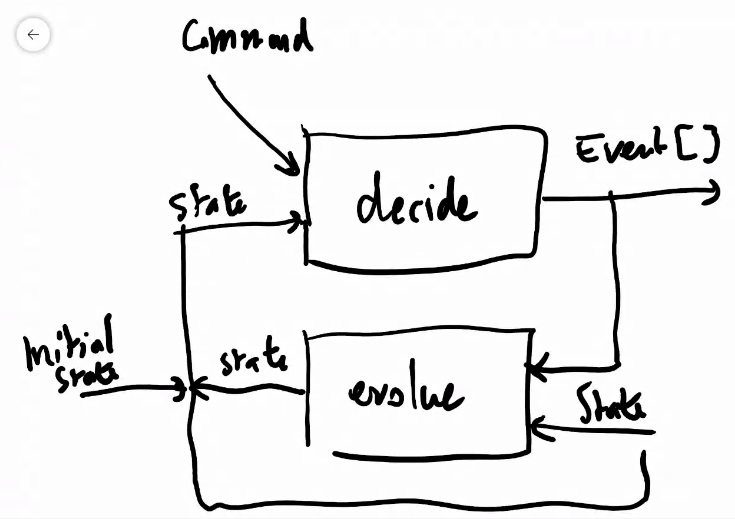
-–
now we have Event Sourcing
command: only what is needed to ‘decide’ event: only what is needed to ’evolve'
cf Aggregate
Take any aggregate, and it has enough information to run, without needing external data -we can rewrite any aggregate to this -without needing external data
-– Decider
 decide: command -> event[] -> event[]
decide: command -> event[] -> event[]
Decider
composed of 6 things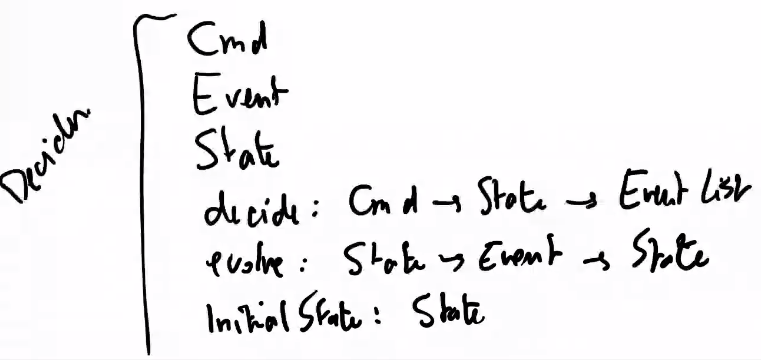
-Command -Event -State (list of events, or denormalized) -decide : Cmd -> State -> Event[] -evolve: State -> Event -> State -initialState: State
-isTerminal: State -> bool # sometimes you want to end (suggested) eg “close the books, and start a new fiscal year”
-– Easy way
load state evolve state save state log / persist events -not used for continual state -used when big state changes (maintenance)
performance: only load&save every 10 events
-–
“progressive way of event sourcing”
no assumptions about - what command is - what event is - what decide is - what evolve is
-– Communicate outside aggregate boundary
example domain: todo-list
Bad pattern:
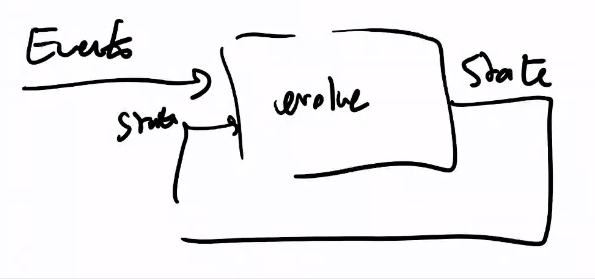 state is ’todo list'
state is ’todo list'
“I can’t use this, I need to save events I get from the outside”
Eventstore: events in exact order CosmoDB: partitions are not ordered -> need to save the order in which you noticed the events
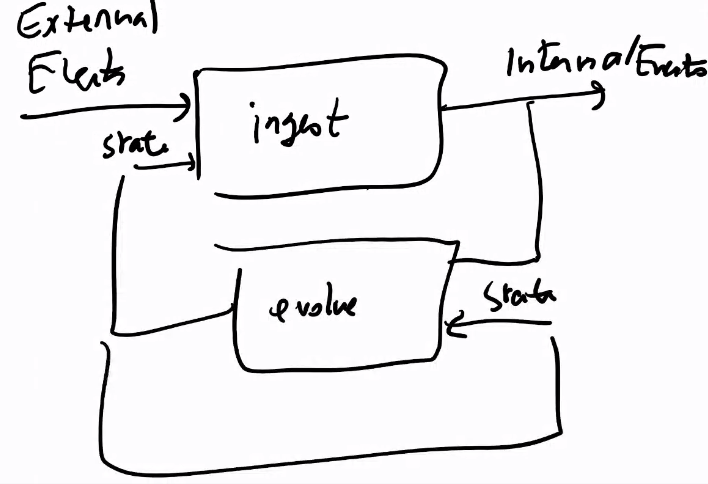 External events
Ingest
InternalEvents
evolve
state
External events
Ingest
InternalEvents
evolve
state
if external source is ordered, no need to save ‘internal events’ if not ; you need to save internal events
React
 state + drift : Event
state + drift : Event
 if empty drift (drift is optional)
returns all commands that need to happen
(to recover from crash?)
if empty drift (drift is optional)
returns all commands that need to happen
(to recover from crash?)
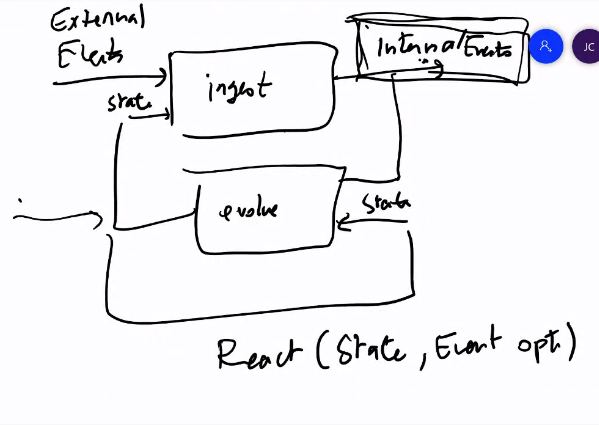 initial state + isTerminal (to check if state needs to be cleaned up)
initial state + isTerminal (to check if state needs to be cleaned up)
Process
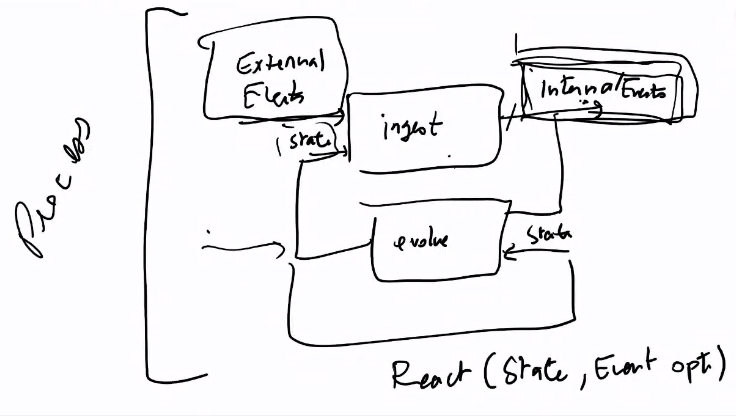
-–
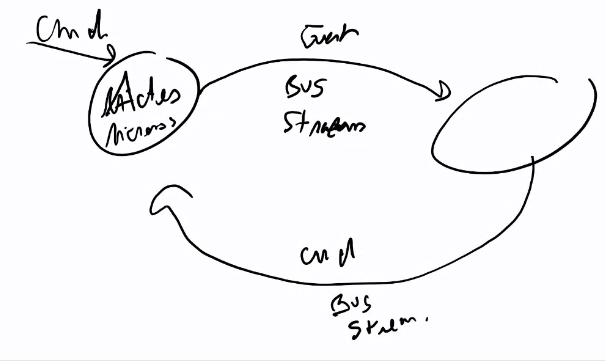 Actor –> Process
Actor –> Process
-–
Aggregate: inside needs to be consistent
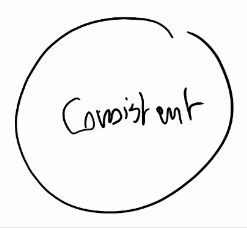 smaller boundary = better!
smaller boundary = better!
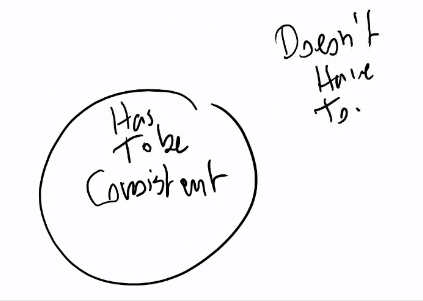 outside does not have to be consistent, but can be
outside does not have to be consistent, but can be
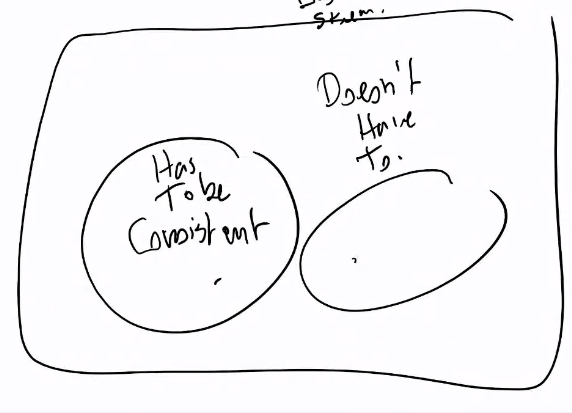
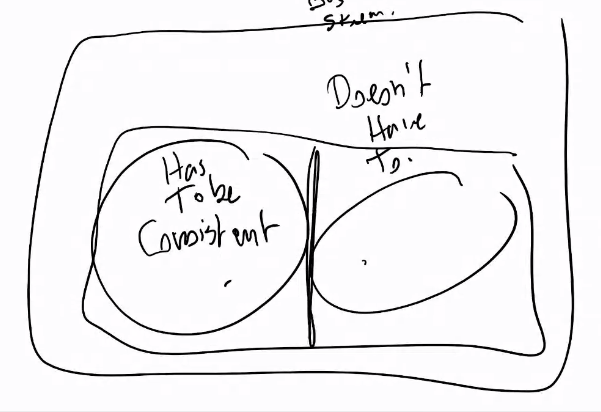 we can split it whenever we want
but we can combine them for now
(as long as we don’t make connections between them that make it impossible to split them later)
we can split it whenever we want
but we can combine them for now
(as long as we don’t make connections between them that make it impossible to split them later)
-–
Example: Game Uno
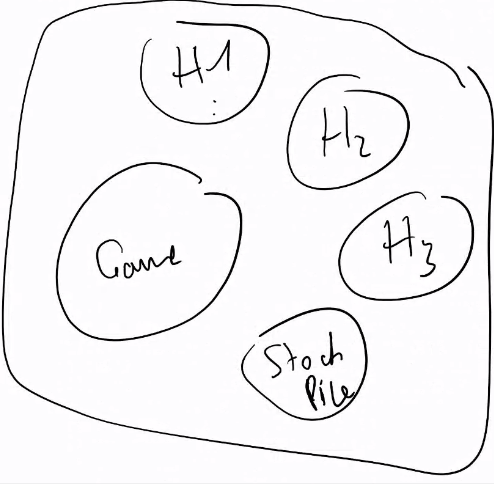 Game
Hand 1
Hand 2
Hand 3
Stockpile
Game
Hand 1
Hand 2
Hand 3
Stockpile
V1, everything async would be overkill
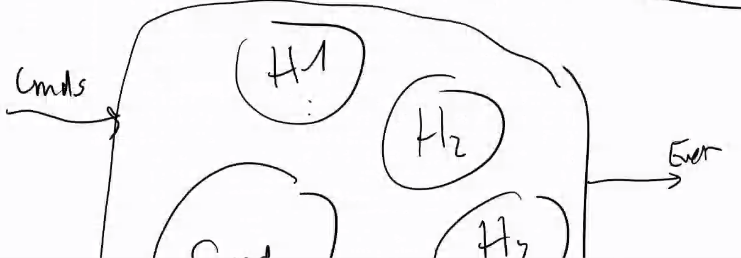
-–
Functor you can have a select or map operation so that if you have a function A:string -> B:int list of strings -> list of int
-–
Co-variant functor function A -> B F -> F
select / map : (f : a -> b) (List) = List
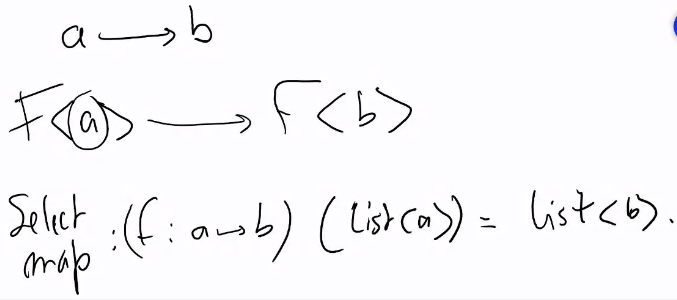
c -> (state -> eventlist) is incompatible with c-> d
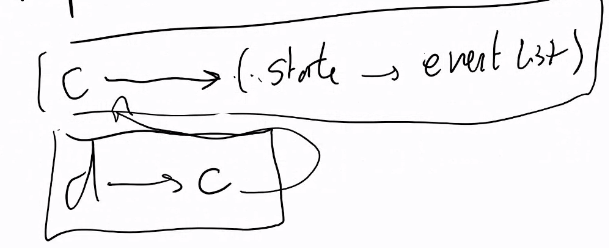
 decide
f
decide
f
 compose a function that takes d
compose a function that takes d
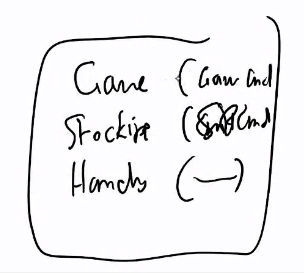 Game (GameCommand)
StockPile (stockpileCommand)
Hands ()
Game (GameCommand)
StockPile (stockpileCommand)
Hands ()
 -> some ?? -> GameDecider
-> some ?? -> StockpileDecider
-> some ?? -> GameDecider
-> some ?? -> StockpileDecider
or if none -> empty list
-–
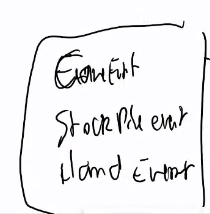 GameEvent
StockpileEvent
…
GameEvent
StockpileEvent
…
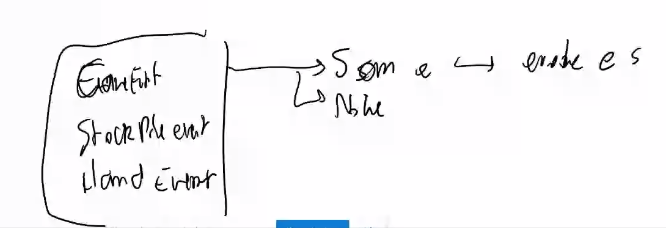 -> some -> evolve Event + State
-> None
-> some -> evolve Event + State
-> None
 GameDecicer -> GameEvent -> GameEvent
StockpileDecicer -> StockpileEvent -> StockpileEvent
GameDecicer -> GameEvent -> GameEvent
StockpileDecicer -> StockpileEvent -> StockpileEvent

-–
 Commandx, Eventx, ?x, dx, ec, initialStatex, isTerminalx
Commandx, Eventx, ?x, dx, ec, initialStatex, isTerminalx

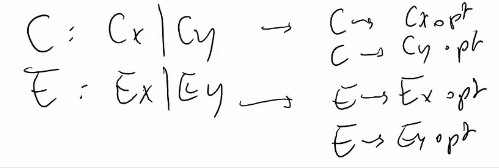
Make a pair of both states
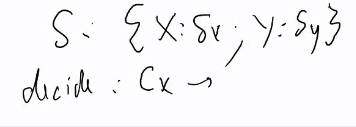
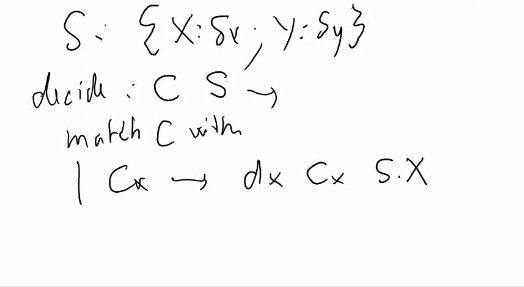 Cx -> DecideX Cx StateX |> map Eventx
Cy -> Decide of Cy StateY |> map EventY
Cx -> DecideX Cx StateX |> map Eventx
Cy -> Decide of Cy StateY |> map EventY
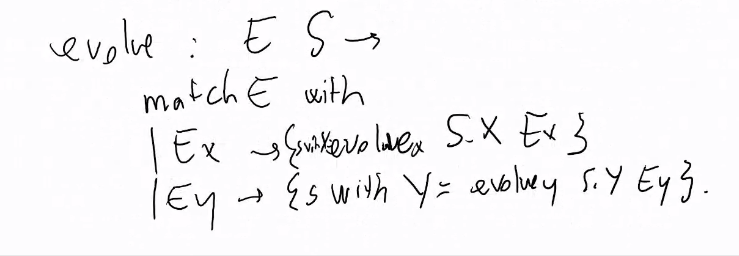 evolve: E S ->
match E with
| Event for x -> evolve EventForX StateX EventForX |>
{s with x = evolve EventForX StateX }
evolve: E S ->
match E with
| Event for x -> evolve EventForX StateX EventForX |>
{s with x = evolve EventForX StateX }
-–
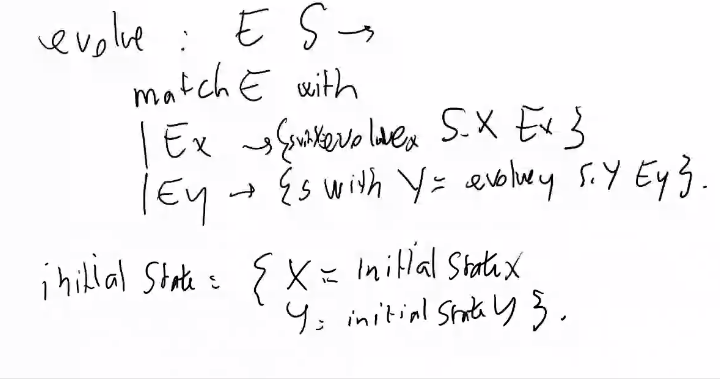
> > at this point I dropped off, next session was starting >